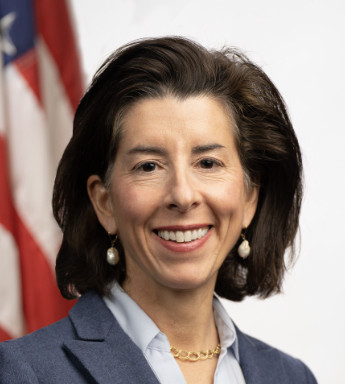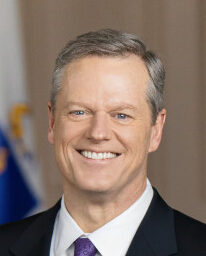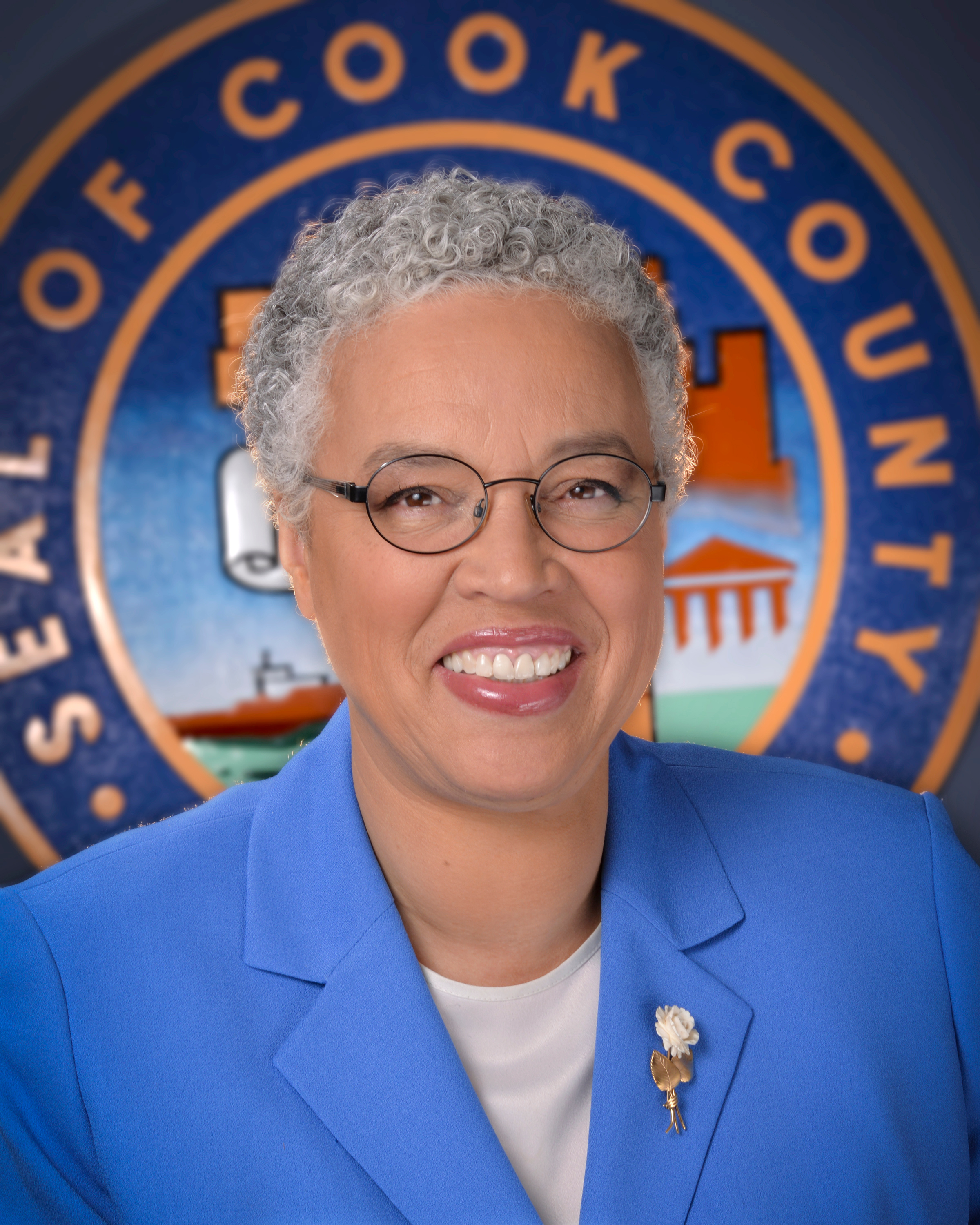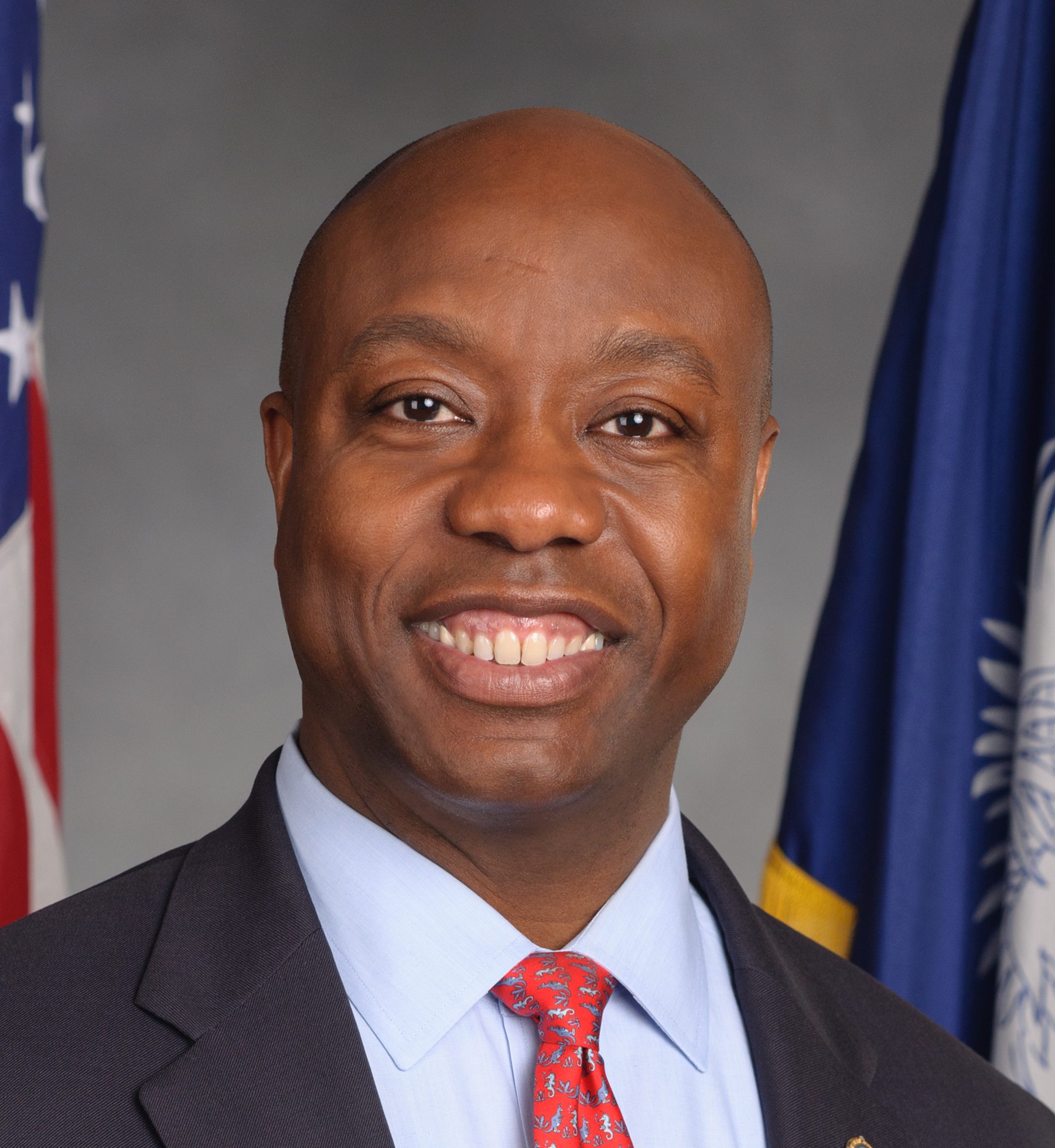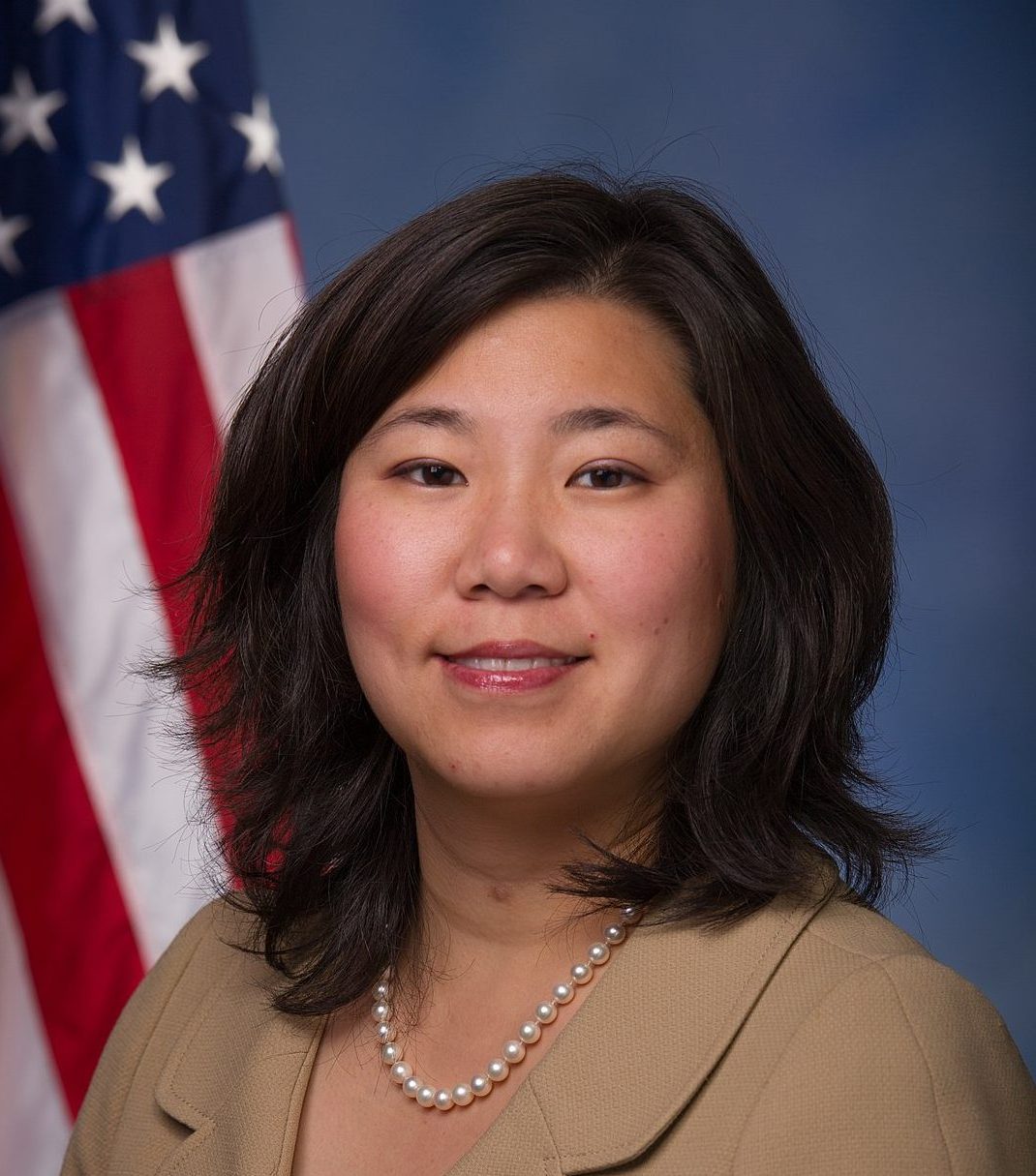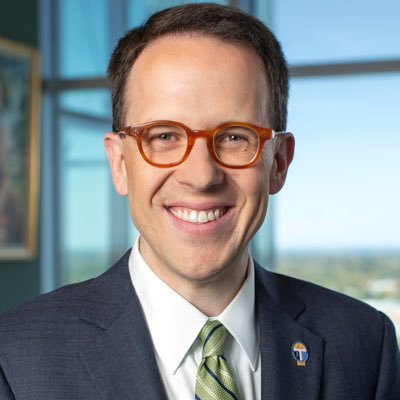Standards of Excellence
Benchmark progress and build a roadmap to deliver better results
Over a decade of progress and counting

Benchmark progress and build a roadmap to deliver better results

Provide tools, training and other support to enact effective solutions

Build momentum for change by motivating and celebrating data-driven leaders

Working together with our network of bipartisan leaders and partners, we are helping to close racial gaps and expand opportunities for all.
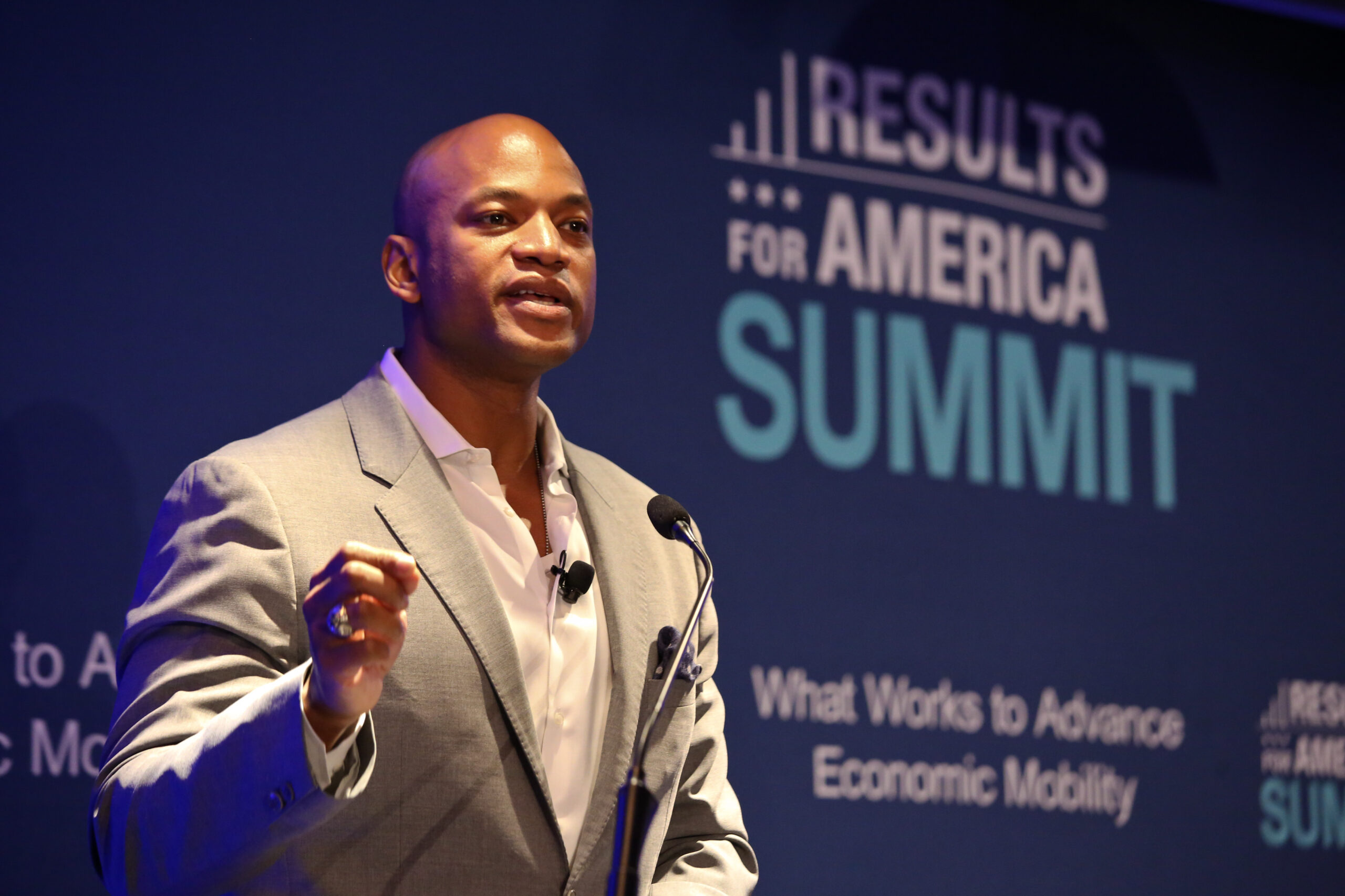
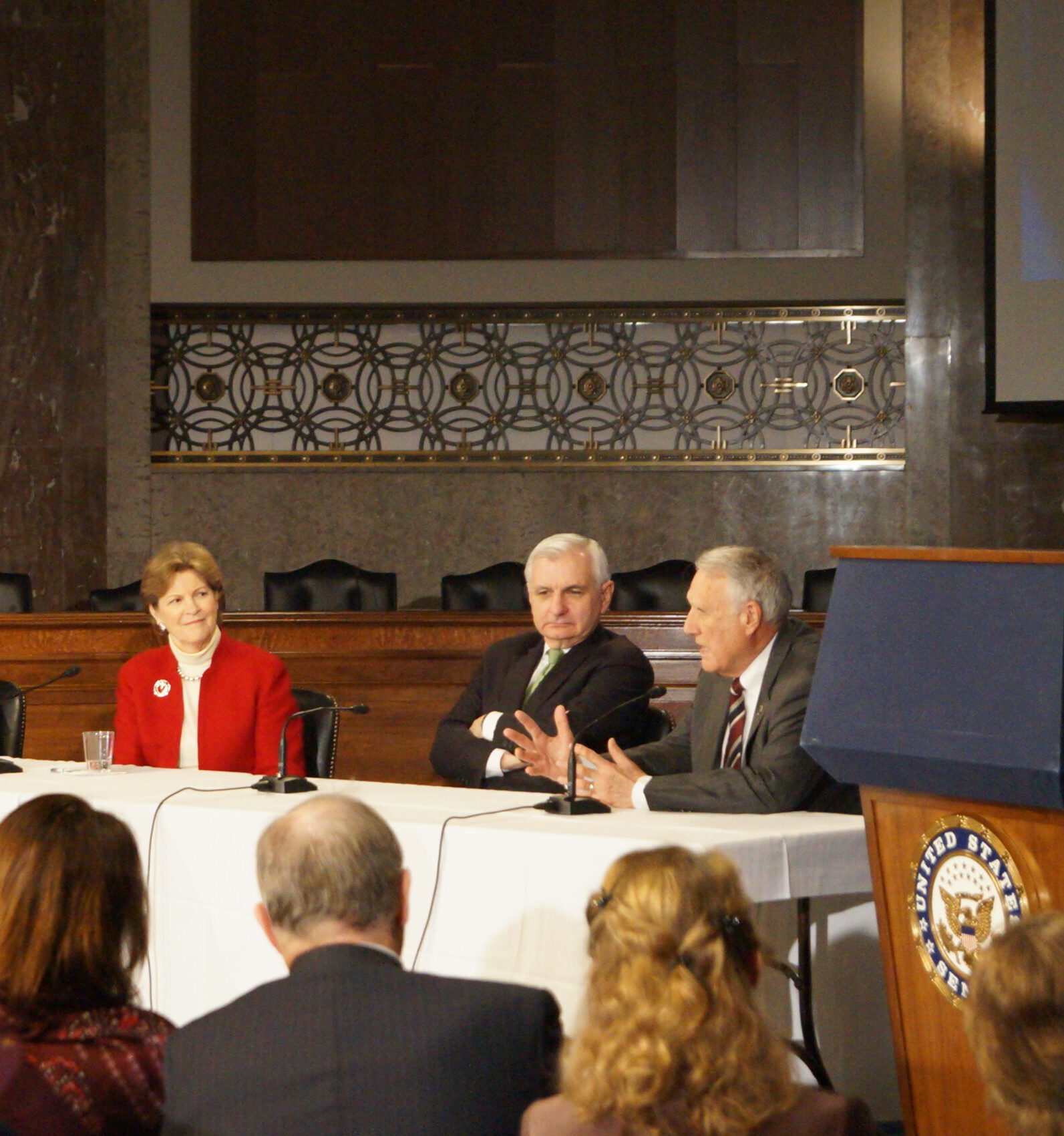
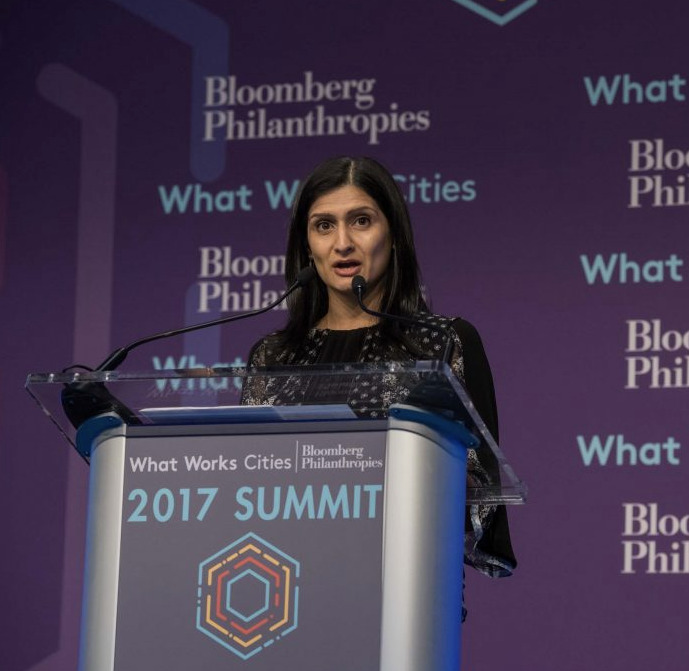
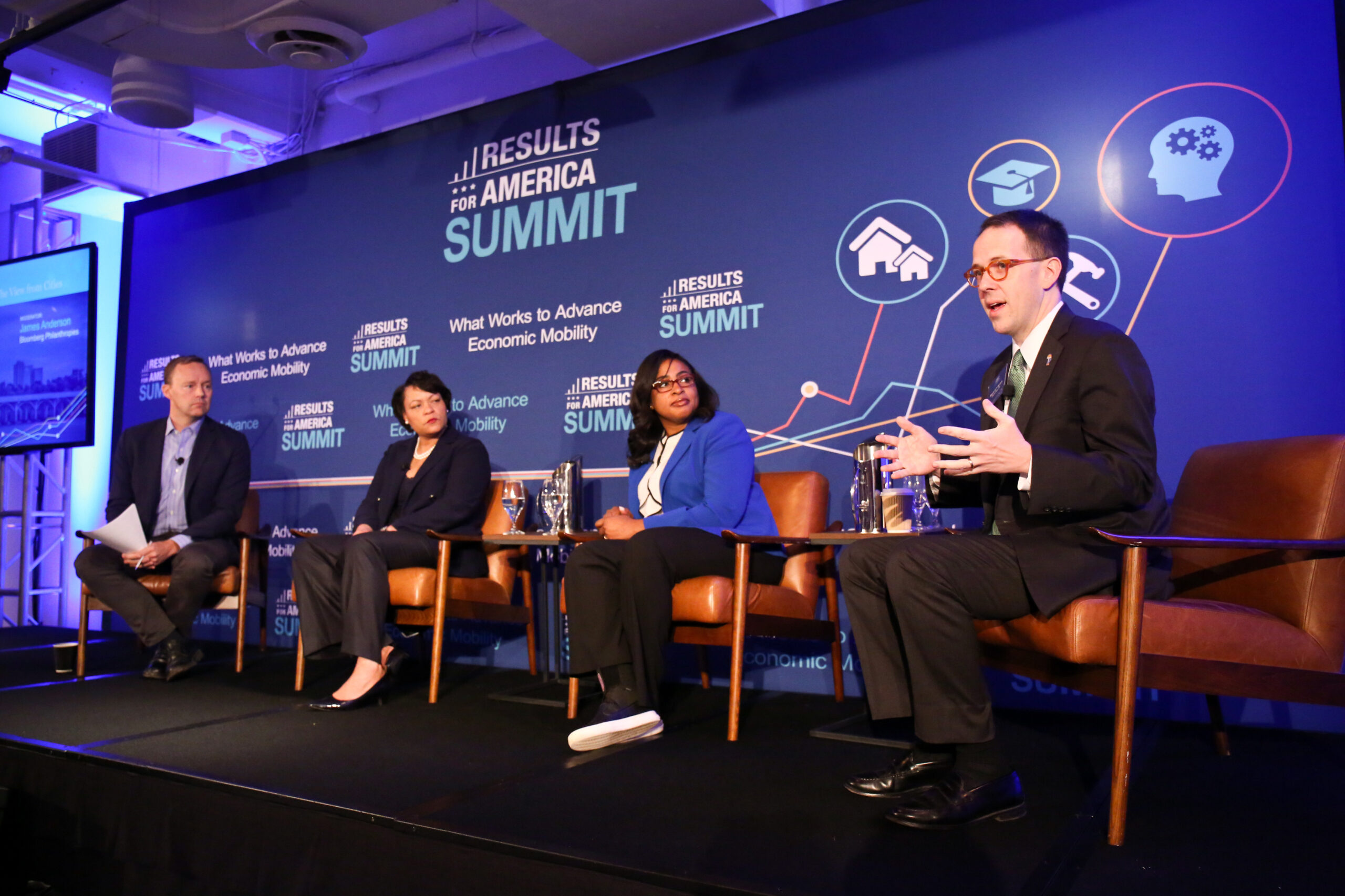

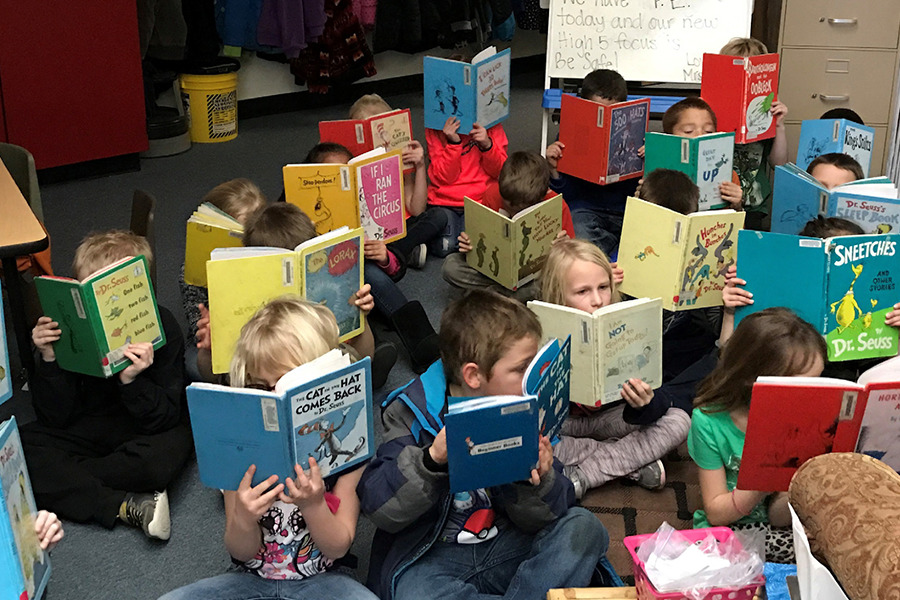

Be a part of our “Moneyball for Government” movement of data-driven leaders helping transform government to deliver better results.
Join Our Movement